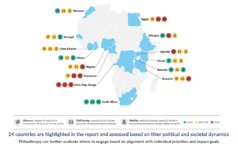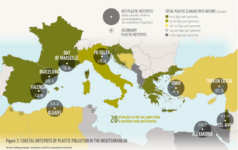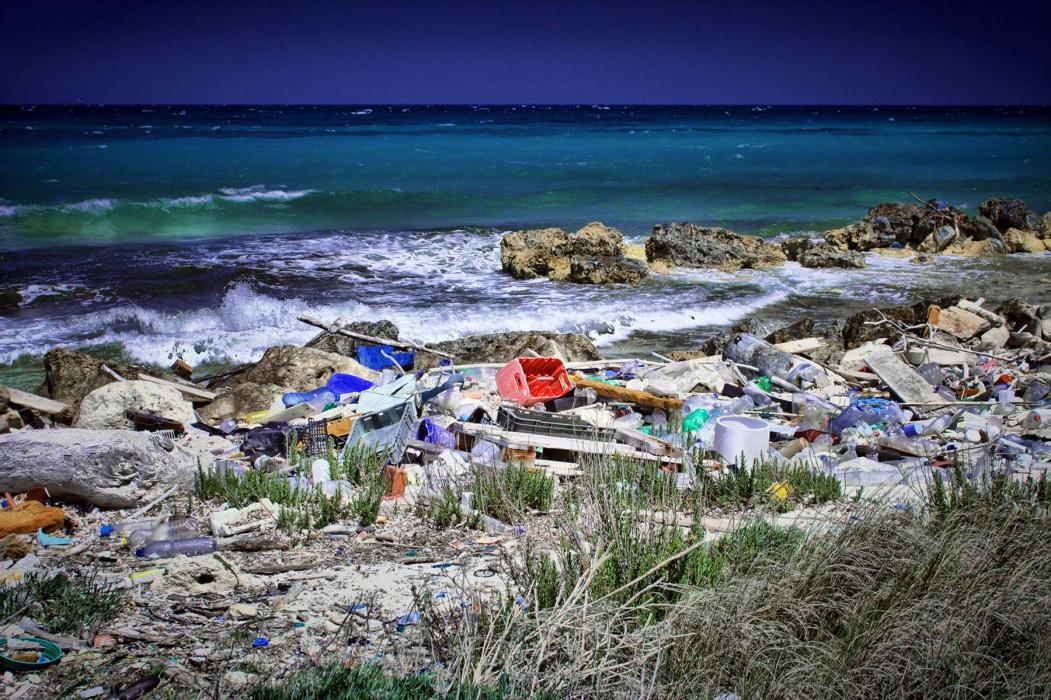Dalberg uses cookies and related technologies to improve the way the site functions. A cookie is a text file that is stored on your device. We use these text files for functionality such as to analyze our traffic or to personalize content. You can easily control how we use cookies on your device by adjusting the settings below, and you may also change those settings at any time by visiting our privacy policy page.
As the adage goes, alone we can do so little, but together we can do more.
The catastrophic physical hazards and socioeconomic impact of climate change in India has previously been addressed by numerous individual initiatives, but the efforts have been fragmented—until now.
More than 40 different organizations, including Tata, Mahindra, and Godrej, have joined forces to address the country’s vulnerabilities to the climate crisis. In 2019, Dalberg was engaged by a consortium of philanthropies to partner in establishing a pan-India, climate change driven coalition, named the India Climate Collaborative (ICC). Dalberg served as both the knowledge partner and process facilitator—defining the initial role for this first-of-its-kind collaborative, creating its structure, and developing a theory of change optimized for impact at scale.
The stakes are high—India is deeply vulnerable to climate change due to myriad factors including its high dependence on agriculture, long coastline, and low per capita income. Sobering facts validate the ICC’s mission and underscore the need for urgent change and collective action across India: 1.2 million air pollution-related deaths in 2017 alone, $37 billion in economic losses due to climate change in 2018, a 150% increase in air pollution-related deaths over the past 20 years, and a worsening farm crisis where nearly half of India’s land area endured drought in 2019.
While India has made strides to combat its climate crisis in recent years, it is clear there is an imperative need to dramatically increase efforts across the country. The development of the ICC enables likely and unlikely partners to come together and collaborate on climate solutions.
Insights uncovered through Dalberg’s on-the-ground research informed a landscape overview of the climate change situation in India—including India’s key vulnerabilities to climate change, its current and future impacts associated from climate risks, and opportunities for impactful philanthropy investments and action.
The Dalberg team also organized and hosted convenings for the India Climate Collaborative—including an event that marked the first-ever collective response by major foundations and industry leaders such as Ratan N. Tata, Anand Mahindra, Rohini Nilekani, Nadir Godrej, Aditi and Rishad Premji, Vidya Shah, and Hemendra Kothari for effective action towards a shared climate goal.
Moving forward, the ICC will focus additional initiatives on themes relevant to both the systemic nature of India’s climate crisis and the interests of its ICC members—air, water and land. ICC members will play a key role in tackling India’s climate crisis both directly, through equitable and actionable initiatives that ensure India’s transition to a resilient low-carbon economy, and indirectly, as part of the ICC’s role of building capacity within the broader ecosystem.
Through its networked, strategic approach, the India Climate Collaborative seeks to enable greater impact at scale. As the Chairman of Tata Trusts, Mr. Ratan N. Tata, shared, “Our collective leadership through the ICC will indicate to the world that Indian philanthropy is ready to be a leader in climate action.”
















